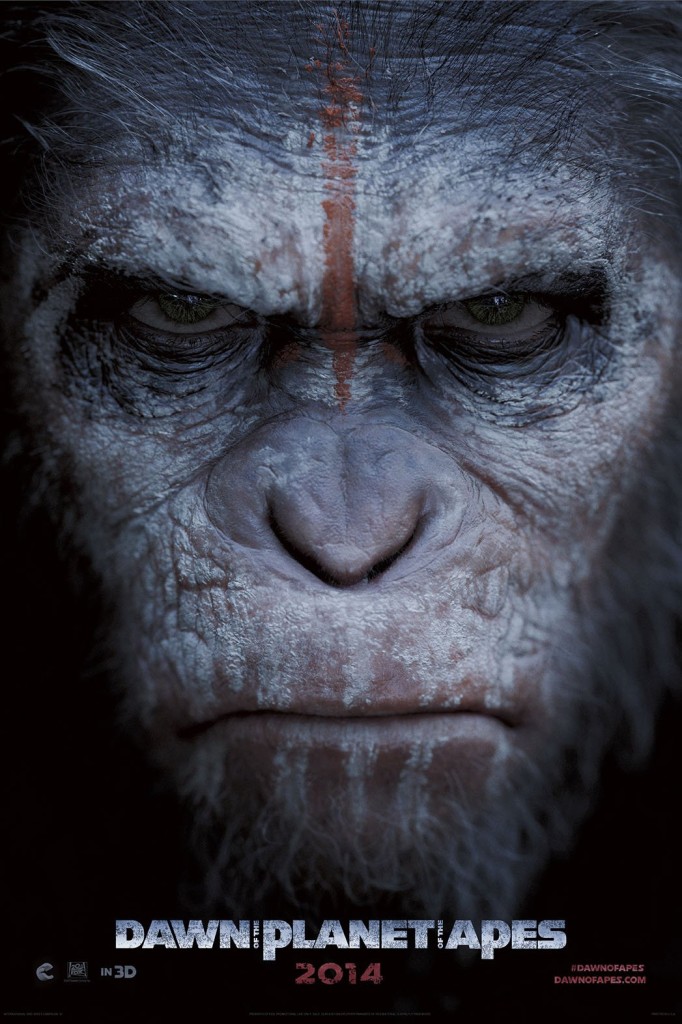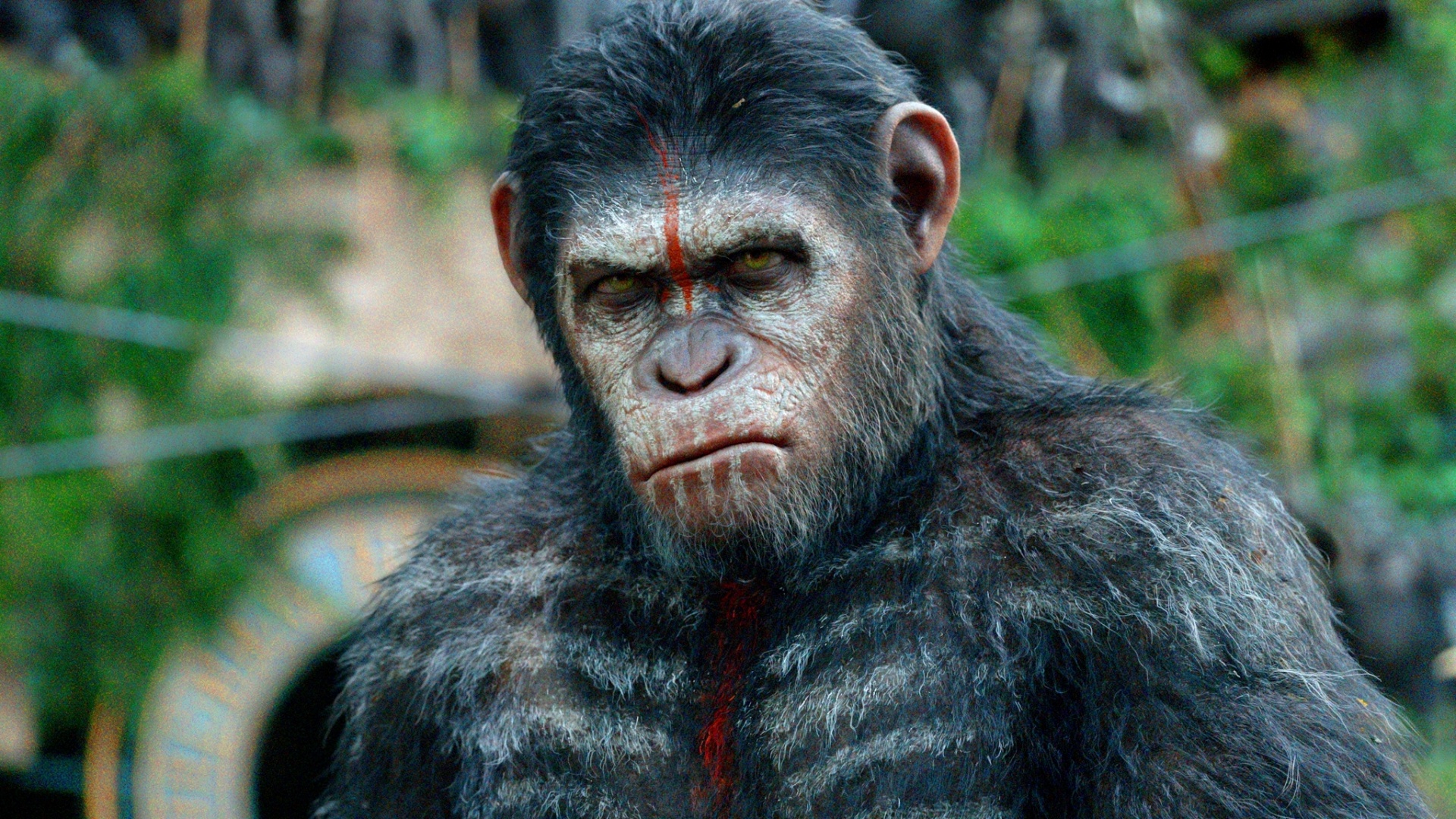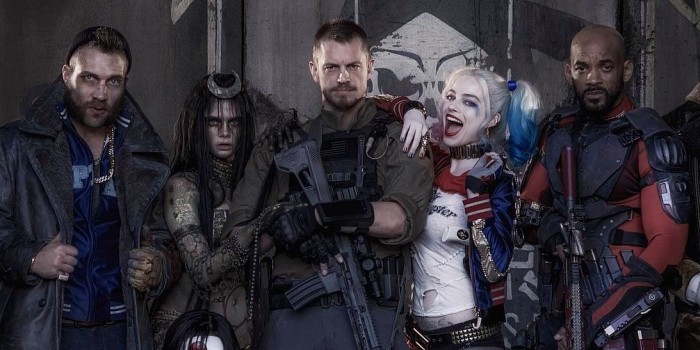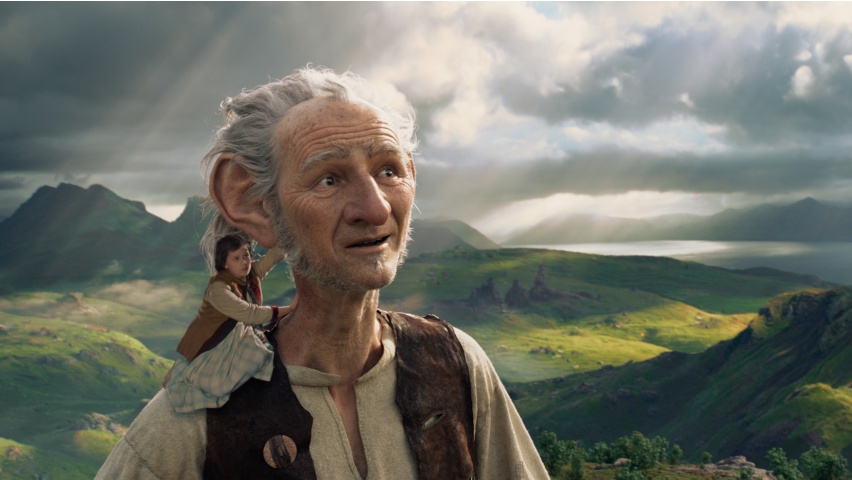Rise of the Planet of the Apes was my #1 movie of 2011. I was stunned by its mix of B-movie gusto, special effects and general whimsy. It was even enough to overcome a clunky script and sleepwalking James Franco. Problems aside, the film was a stark reminder of the power of the Hollywood blockbuster (one that we see less and less of these days.) It was an epic that wanted to thrill as well as resonate. Of course the sequel was inevitable. Thankfully, I’m happy to report that Dawn of the Planet of the Apes is not only the equal of its predecessor, in many ways it eclipses it.
Dawn opens with a sobering montage of the outbreak of Simian Flu (an initial wink to the cliffhanger at the end of Rise.) Earth’s population has dwindled rapidly to the brink of extinction. Meanwhile, in the redwood forest just outside of San Francisco the ape population is thriving. Decades have passed since the outbreak began while Caesar (Andy Serkis) and company have built quite the tree house establishment. The ape colony have lived in largely untouched harmony – hunting and fishing while building a beautifully run community.
 The film’s opening 30-minutes are largely wordless. We are introduced to Caesar’s family and many followers. The apes communicate mostly in sign language but do occasionally speak in broken English. It’s a marvel to watch such quiet moments unfold knowing mayhem is soon to come. When a small band of humans make contact with two young apes, all of the hunters are wary. Why should Caesar trust the species that caused this in the first place?
The film’s opening 30-minutes are largely wordless. We are introduced to Caesar’s family and many followers. The apes communicate mostly in sign language but do occasionally speak in broken English. It’s a marvel to watch such quiet moments unfold knowing mayhem is soon to come. When a small band of humans make contact with two young apes, all of the hunters are wary. Why should Caesar trust the species that caused this in the first place?
The humans are led by Malcolm (Jason Clarke) – an engineer who founded a small community of survivors near the Golden Gate Bridge. He and his companions are searching for a dam, just beyond the woods that could provide them with power to rebuild. The apes don’t see it that way. After their initial confrontation Caesar and his ape army confront the humans at their gate, imploring them to stay home. But the humans are desperate and running out of energy. Soon they will be dark. After some gentle convincing, Caesar allows Malcolm and his small team to find the dam and restore power to their home.
And herein lays the power of Dawn. Compassion, jingoism and trust are constantly at odds on both sides here. Many humans do not trust these “animals” while many of the apes are threatened by the return of their human oppressors. Caesar has seen the good in humans before but also the darkness. It’s up to him and Malcolm to juggle the emotions of the camps while pushing to better their circumstances.
Needless to say, juggling is hard. As human and ape try to work together the tortured Koba (Toby Kebbell) has other plans. In Rise, Koba was one of many apes tormented and tested on in the lab that Caesar ultimately freed. His distrust and hatred of humanity are palpable and he refuses to trust in Caesar’s judgment. He hatches a plan that sends both sides into a frenzied, all-out war.
The battle scenes that fill the film’s final third are glorious anarchy. Who knew watching CGI-apes on horseback shooting assault rifles could be so satisfying!? There are several transcendent shots in this sequence that will live in the annals of cinema (try to forget the unbroken shot of an ape commandeering a tank) but it’s the quieter moments that Director Matt Reeves (Cloverfield, Let Me In) nails. Just as memorable are shots of two apes quietly fishing or slowly descending from the top of a tree. It’s a testament to the direction that a tent pole summer film can carry so much weight while needing so little traditional action.
And the CGI…oh my, that CGI. What the team at Weta has done in Dawn is nothing short of spectacular. Pound for pound it may be the best achievement in CGI ever put on screen. Each ape is distinct from the next and, with only a few exceptions, looks completely life like. Also, the interactions between human and ape look completely natural while the insanity of an ape riding a horse bareback looks somehow plausible.
With all this ape glory something had to take a hit and unfortunately it almost solely happens on the human side. While the leads sell the madness just fine most human characters are left with little to do. Heavy hitters Keri Russell and Gary Oldman are good but largely sidelined to react. Kodi Smit-McPhee as Malcolm’s inquisitive son Alexander gets a slightly larger arc and is amiable enough as he interacts with his CGI-counterparts. It is an odd balance when the more interesting and better written characters aren’t actually real. Caesar is the true star and Andy Serkis (as usual) absolutely NAILS it.
Small quibbles aside – Dawn is a massive achievement. This is the rare franchise reboot that completely eclipses its predecessors. Dawn (and to a slightly lesser extent Rise) has created a world that resembles our own while presenting a sobering reflection on sociological problems today. It’s never suffocating or preachy (and most people won’t care) but in the age of Transformers it is amazing to see a big film want something more than to blow up it’s cake and eat it too. Dawn of the Planet of the Apes and the titular Caesar are the true saviors of summer.
Dawn of the Planet of the Apes opens tomorrow in theaters everywhere





